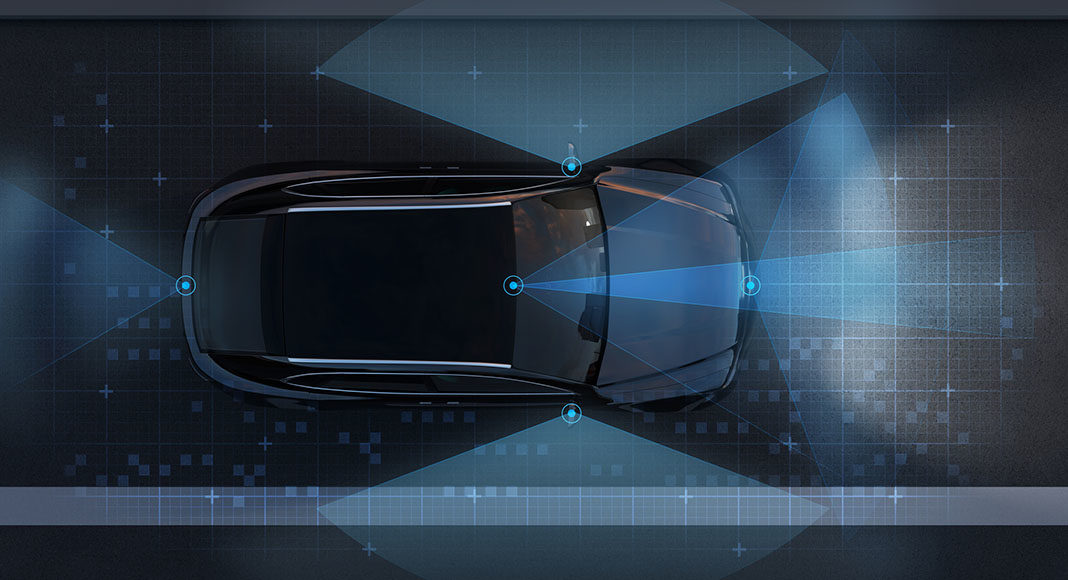A new study has revealed that drivers’ lack of confidence in lane-centering technology systems affects their acceptance of automated vehicles.
Research by the Insurance Institute for Highway Safety (IIHS) showed motorists are confident in adaptive cruise control systems but have less faith in systems to stop vehicles from drifting over the center line.
“Across all the vehicles we tested, the drivers had more faith in the automated systems’ ability to maintain a steady speed and a safe distance from the vehicle ahead of them than their ability to keep them safely in the center of their lane,” said IIHS Senior Research Scientist Ian Reagan, the lead author of the paper.
“But how well they perceived the lane-centering technology to work had a bigger impact on how they rated the overall experience.”
Past research had shown that collision-avoidance systems can eliminate or mitigate many crashes — most of which are the result of driver error.
In the study, IIHS researchers analyzed test drives conducted by 20 employees in five vehicles. Across all vehicles, more than three-quarters of participants agreed that the automated systems accelerated and decelerated the vehicle smoothly and detected moving vehicles ahead. But fewer than half agreed that the technologies consistently detected lane markings on the roadway, detected stopped vehicles ahead, or that they knew whether the automation detected lane markings on the roadway.
Those factors played a more important role in their general perception of how well the system performed, the report said.
“As carmakers improve this technology, features that ensure that people can only use it where it’s designed to work will be vital to safety and will also make drivers more confident in the automation,” added Reagan.



















